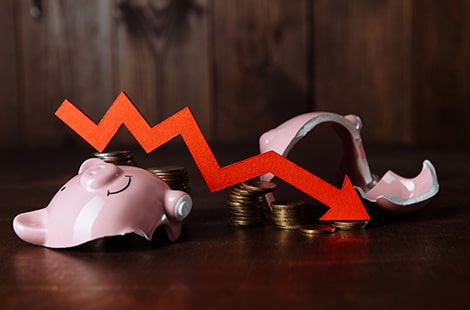When it comes to maintaining your car, using authentic components is critical to ensuring that it remains in excellent operating condition. Unfortunately, the market for counterfeit vehicle components is expanding, with some estimates indicating that it is a multibillion-dollar business. This is serious since counterfeit auto components damage your car and represent a substantial risk to your safety.
So, how do counterfeit auto components harm your car, and what can you do to avoid them? Let’s take a deeper look.
What exactly are Counterfeit Auto Parts?
Counterfeit car parts are imitations meant to seem like real components but are manufactured with inferior materials. They are frequently made by producers who lack proper licenses, equipment, or experience to produce authentic components.
These counterfeit components are sometimes supplied at a lower price than authentic parts, making them an appealing alternative for individuals trying to save money on car maintenance. While they may be cheaper, they cause major difficulties with your car.
How do Fake Auto Parts affect your vehicle?
Counterfeit car components can cause a variety of problems with your vehicle. For starters, they might not fit correctly. Genuine car parts are made to suit your vehicle perfectly, but counterfeit parts may be slightly different in form or size. As a result, they may not fit as tightly as genuine components, which can lead to a variety of issues.
A counterfeit brake pad, for example, may not fit properly, leading the brakes to wear unevenly or possibly fail entirely. This might result in a major collision, endangering your safety and others on the road.
Second, counterfeit vehicle components may not be made of high-quality materials. Genuine components are created from materials that are particularly developed for use in automobiles, whereas counterfeit parts may be made from inferior materials that are neither sturdy nor long-lasting.
For example, a counterfeit oil filter may not filter oil as well as a real oil filter, which might cause engine damage over time. Similarly, a counterfeit timing belt may not be as robust as a real timing belt, causing it to fail and harm the engine.
Finally, counterfeit vehicle components may not be of the same quality as authentic ones. Genuine auto components are subjected to extensive testing to guarantee that they fulfill stringent quality requirements, whereas counterfeit parts may not be examined at all.
A counterfeit airbag, for example, may not inflate correctly in an accident or may even deploy suddenly while driving. This might result in severe injuries or even death.
How can you avoid Fake Auto Parts?
There are various precautions you may take to prevent purchasing counterfeit car components. First, always purchase components from a trustworthy dealer or provider. This will assist you in ensuring that you are receiving authentic components that are intended to suit your vehicle and fulfill stringent quality requirements.
Second, be cautious of components that are much less expensive than authentic ones. While saving money on car maintenance may be appealing, it is not worth jeopardizing your safety or the health of your vehicle.
Finally, if you are unsure if a part is real or counterfeit, request evidence of authenticity. Genuine components should come with a certificate of authenticity that indicates they are genuine.
Conclusion
Auto parts counterfeiting is a rising concern that can cause major damage to your car and endanger your safety. You may safeguard your car and yourself by taking precautions to confirm that you are utilizing authentic components.
Always purchase from trustworthy dealers or suppliers, avoid components that are much less expensive than genuine parts, and request evidence of authenticity if you are unsure. With these steps, you can keep your car in excellent functioning order and keep yourself safe on the road.



